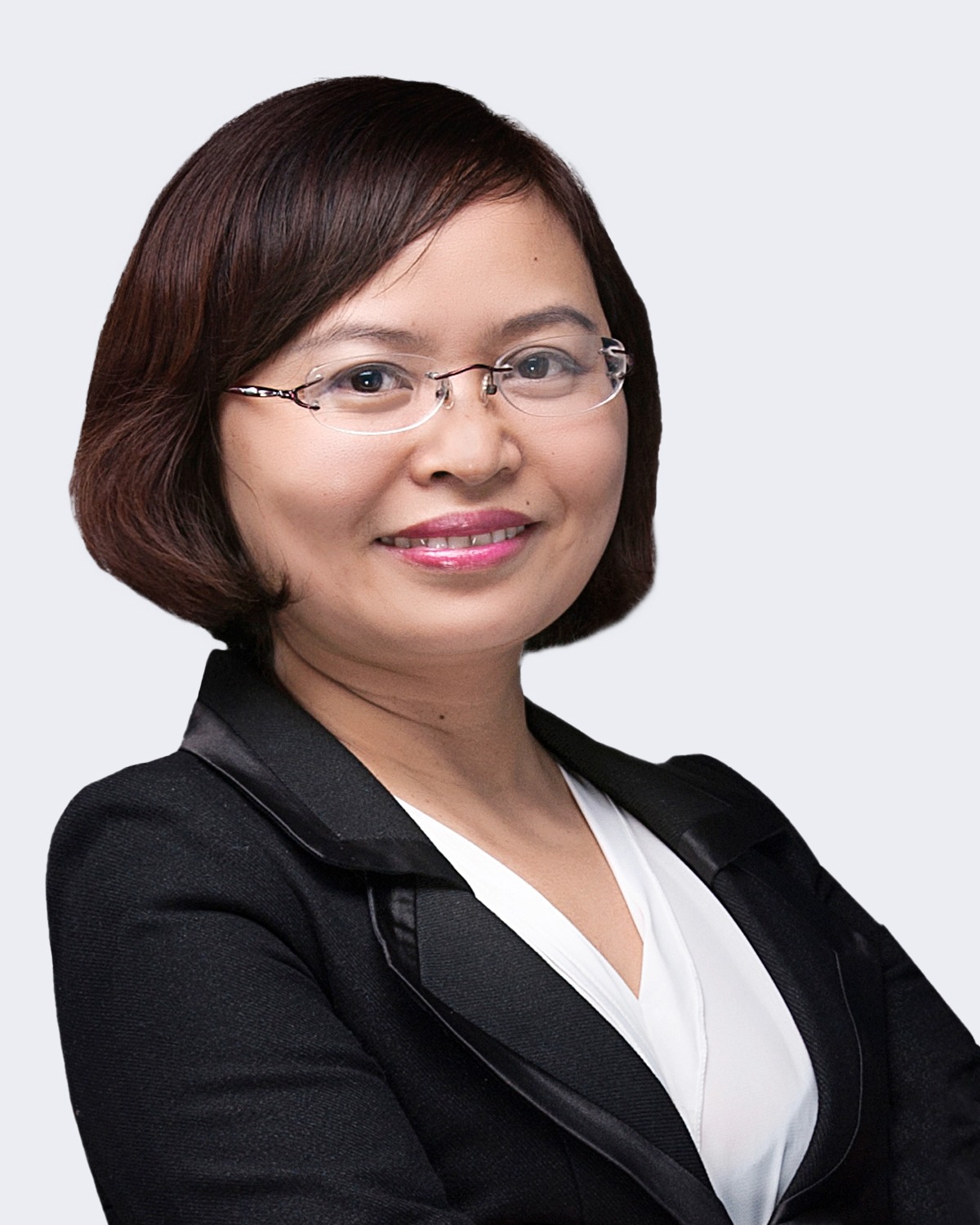On December 31, 2018, the Vietnamese government promulgated Decree No. 169/2018/ND-CP (Decree 169), amending Decree No. 36/2017/ND-CP (Decree 36) on medical device management. Decree 169 took immediate effect upon its issuance. The new regulations will have a great impact on the circulation of medical devices, especially foreign products, in Vietnam. Some of the major changes are set out below.
Classification of Medical Devices
Medical devices in Vietnam are classified and managed based on their potential risks, as determined by qualified entities. Under the previous regulation (Decree 36), risk classification results from qualified foreign entities could be recognized in Vietnam without conducting a separate local classification. This was beneficial to foreign manufacturers who sell their products in many countries, as it required no further time and expense for the local classification procedure in Vietnam and ensured a single classification result across multiple markets.
However, from January 1, 2019, foreign classification results are no longer accepted in Vietnam. Instead, the results must come from qualified local entities. It is worth noting that some local entities, despite being considered qualified by the Ministry of Health (MOH), still do not have appropriate capacity to conduct medical device classifications and, in practice, have issued classification results that were not accurate.
The classification rules under Decree 169 are generally stricter than under Decree36. For example, the final classification results will use the highest risk classification, regardless of whether the product has many use purposes or is combined with other medical devices with different risk classifications.
If an incorrect local classification result is submitted to the authority for product registration purposes, the authority will refuse to grant a product registration number if the number is not yet issued or revoke a registration number that has been granted, and may recall any circulating products.
Transitional Regulations
Decree 169 sets out the transition mechanisms as below.
- Foreign classification results submitted to the authorities prior to December 31, 2018, will continue to be used for the registration procedure.
- Local classification results issued before December 31, 2018, will be published on the MOH’s online system (http://dmec.moh.gov.vn) before April 1, 2019. MA license/import license holders are then required to review the relevant classification results in light of the classification rules under Decree 169 and report any incorrect classification to the MOH prior to July 1, 2019.
Registration of Medical Devices
Class A Medical Devices
A major change for Class A (lowest risk) medical devices is that the certificate of free sale (CFS) – not previously required – must now be included in any registration dossier submitted after December 31, 2018. This change may cause some difficulties for foreign manufacturers in terms of cost and time, and in some cases it may be impossible to obtain the CFS because some products that are considered Class A medical devices in Vietnam are not considered medical devices in other countries.
Previously, the granted registration of a Class A medical device could not be amended. If any change arose, a new registration procedure was required. However, Decree 169 stipulates a more flexible mechanism, in which the following changes can be made to the registration during the circulation of Class A medical devices.
- Address of product owner or license holder.
- Name of license holder.
- Either name or address of product manufacturer.
- Product packaging for in vitro medical devices.
- Warranty establishments.
- Labels and instructions for use, but the indication of the product cannot be changed.
Class B, C and D Medical Devices
A positive development for medical device companies is that Decree 169 allows a newly added form of registration, namely, “quick registration.” This will reduce the statutory time required to obtain a registration number from 60 days to 30 days, but is only applicable to the following situations:
- The product has been circulated in at least two of the following countries: Japan, Canada, Australia, United States, or EU member country.
- The product was circulated in Vietnam prior to December 31, 2018, and satisfies both of the following conditions: (i) The product was circulated for at least three years within the period of five years before the submission date, and (ii) there have been no warnings about the quality or safety of the product.
Additionally, from July 1, 2020, it will be required to include the ASEAN Common Submission Dossier Template (CSDT) in the submitted registration dossier for Class B, C and D medical devices. At that time, it will no longer be necessary to submit the technical document, instructions for use, and labels. It is expected that the MOH will issue further guidance on CSDT soon.
Decree 169 helps to simplify the customs clearance procedure by emphasizing that medical devices will be allowed to be imported into Vietnam without a written confirmation from the MOH that defines the imported product as a medical device when conducting customs clearance.
Transitional Regulations
In the transition time, it is worth noting the following regulations:
- Class A medical devices are only allowed to be imported if they are registered.
- A marketing authorization (MA) license for Class B, C, and D medical devices will only be required from January 1, 2020, onwards, instead of January 1, 2018, as set forth under Decree 36.
- It is required to have a valid import license to import Class B, C, and D medical devices which are specifically listed out in Circular 30/2015/TT-BYT on Import of Medical Devices (Circular 30). Import licenses issued in 2018 (expiring on December 31, 2018) or 2019 will be valid until December 31, 2019.
- Class B, C and D medical devices that are not specifically listed out in Circular 30 can continue to be freely imported into Vietnam without any import license, provided that their certificates of classification results are published on the MOH website http://dmec.moh.gov.vn.
- For IVD biologicals (e.g., microbiology reagents, histology reagents, etc.), Decree 169 sets out specific regulations under which such IVD biologicals can still be treated as drugs under the Pharma Law.
- For chemicals, insecticides and germicides for household and medical use, with only one indication of disinfecting medical devices, which have been granted MA licenses which expire after July 1, 2016 and before January 1, 2019, their MA licenses will be used until December 31, 2019.






